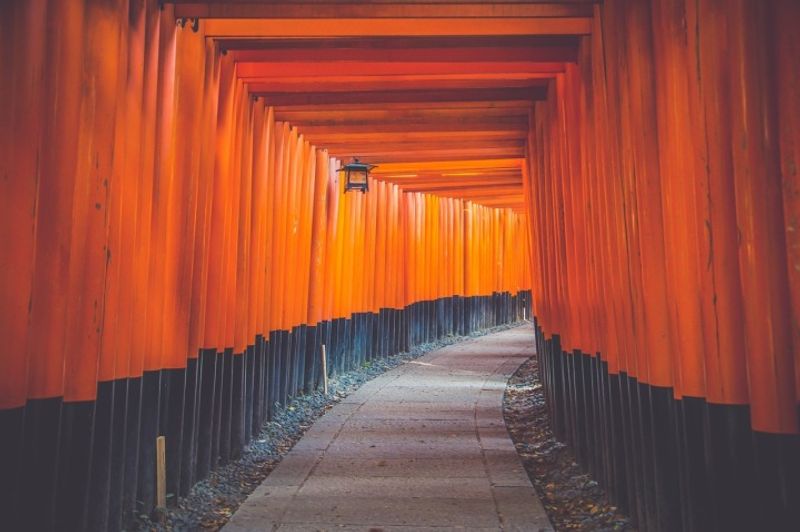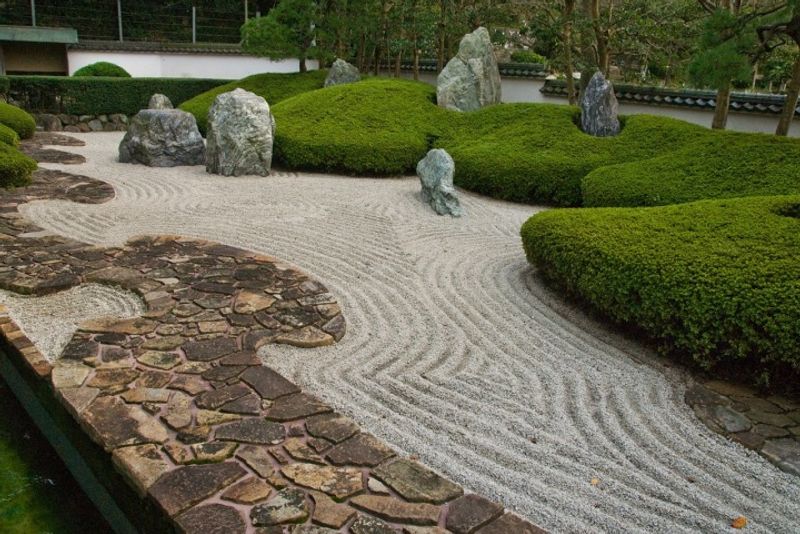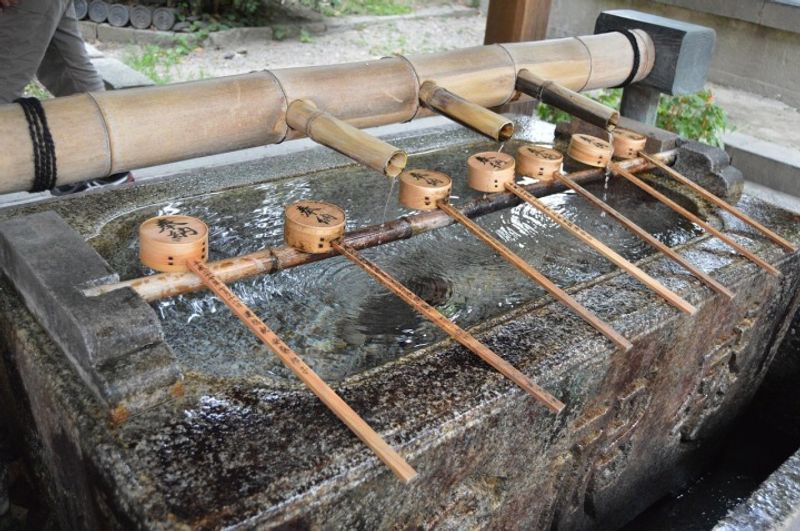May 7, 2017
Japan, A Therapy For Those With OCD

Ok I admit, I have an obsessive compulsive disorder (OCD). Not the serious form that needs hand washing every other minute but I do like to keep my things very clean and organized. Having a mess or seeing loose items lying around makes me antsy and organizing things calms my nerves better than a bath or a nice cup of tea.
I was always considered an odd ball. My husband used to amuse at how I need everything in the house kept in their specific places and I am always sorting things into groups and storing them in boxes, bags or holders. The ultimate satisfaction it seems is to have no stray item in the house. Actually it's not just at home. As I pass by messy shelves in supermarkets, I cringe and would sometimes help tidy it up a little. The same goes when I am attending parent teacher conferences, seated next to some misplaced color pencils or stack of paper wth crazy corners.

It really wasn't easy, all until I started living here. Suddenly, I discovered how much I am at ease with the immaculate zen gardens, the white lace taxi seat covers, people vacuuming public spaces and the very organized streets. I fell so in love with the magnitude of places selling items for organizing your home and your belongings down to the finest details. The ease of having everything always labeled and in the right place worked perfectly for me. Even the garbage corner in my apartment building is always cleaner than some homes I have seen. With that, I quickly concluded that Japan is the perfect place for people with OCD; and the truth is, I wasn't quite wrong.
Japan is very well recognized for that distinctive clean and orderliness I had mentioned. It extends from the general environment to the way people were dressing and behaving. It is by no coincidence that Japan turned out this way and I may have two cents of thoughts on this.
The Aim for Perfection
This is one thing Japan is very famous for, achieving perfection in the things that they do. Japanese artists and craftsmen have earned their reputation throughout history for their time and effort spent on making sure their output is immaculate. Public transportation is almost always on time. Service personnels can always never be faulted. Administrative personnels are very good at crossing the "t"s and dotting the "i"s. Even bento boxes, no matter who had prepared them would always look pristine and enlightening. It does feel like the whole country is putting forth all their effort to make sure no one makes any mistakes.
Bring that perfection down to a personal level and it would be manifested by achieving perfection in your own personal arena. As far as getting social approval is concerned, it is to have your home and personal spaces nicely sorted out and making sure you look clean and organized at all times. Aiming for perfection can be about doing the best job we can, cooking the best meal for the family, submitting the best homework or simply keeping our home in an immaculate state as an OCD would do.

The Respect for Individual Quirks
Perhaps this immense need for cleanliness and orderliness isn't that big of a deal but we can't deny that does have some psychological effect on people. On the other hand, this may also be the behavior exhibited by those who are experiencing immense stress or are mentally avoiding something.
In the recent years, Japan has developed a crisis concerning mental illness. It is often a taboo to bring up these issue and hence the Japanese does condone irrational behaviors from disturbed minds and normalizes them. Most people try to find an outlet for their pent up frustrations or else they hide from the public so they won't be considered social nuisances. That creates a win-win situation for the society as a whole.
Otaku and hikikomori are just two of the very Japanese examples of socially accepted mental illness in Japan. Both these groups are socially withdrawn and exhibit traits of obsessions but are largely tolerated by the society. It is almost commonly believed that as long as one is not bothering or inconveniencing others, then he is doing no harm to society.
Perhaps being an OCD isn't that big of a deal compared to the other more damaging forms of mental illnesses; it is still a form of unhealthy obsession, something that is not only accepted by people here but has also become a distinctive part of the society.
I am not here to criticize or defend these obessesive behaviors but it is part and parcel of our lives in Japan. We may be inconvenienced by it or we have have benefited by the results and it will be here to stay.
Actually I am not sure if my OCD got more pronounced after my life here or I have simply just found the safe haven. Either way, I am quite happy to be immersed in this perfectly organized world and not be considered crazy to just want everything proper and tidy all the time!



0 Comments